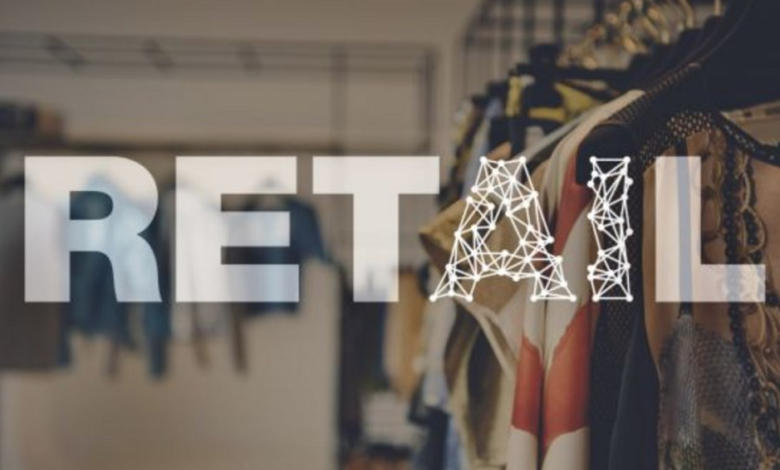
“Being the next frontier in customer service, NLP can bring the ‘human touch’ into the Retail industry.”
What is NLP? And what can it do?
In the era of machine learning and quantum computers, businesses like retail want to leverage these technologies to take the customer experience to the next level, with better interaction, insights, and predictions.
NLP, a powerful machine learning tool augments to decipher diverse unstructured and spontaneous interactions including colloquialisms, sarcasm, and jumbled sentences into a meaningful array which the computers can act upon.

From having the capability of improving search to enhanced customer service through chatbots, NLP understands the relying semantics.
Using the approach of speech-based tokenisation and knowledge-agnostic under the hood of neural networks, NLP has started producing human-like results constantly.
With bigger datastores, accessibility to data, retail customers can enjoy modular shopping experiences with tailor-made services using NLP.
General Use case of NLP
NLP has thrown its wings into different domains and industry bringing in revenue-oriented use cases.
Below is a list of top use cases with some further detail on how NLP can be used in different applications and business services today.
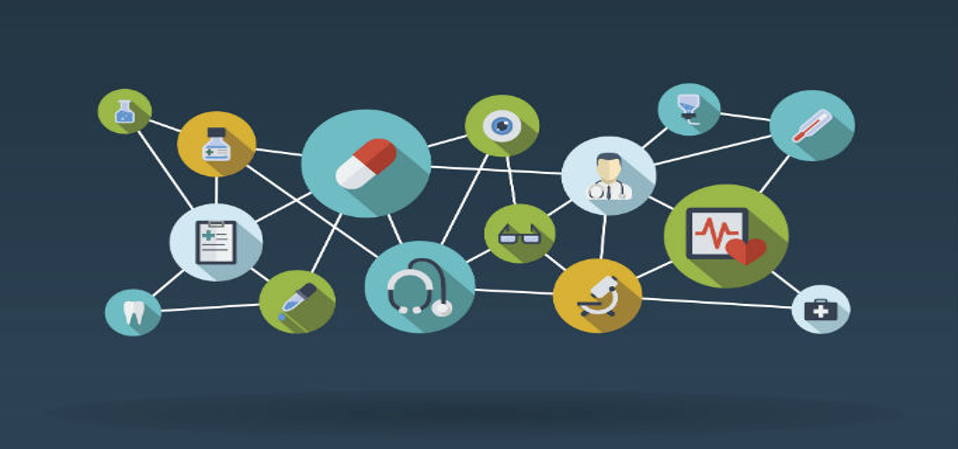
Clinical record analytics to identify diagnosis from patient health records is one among the important use case that is applied in health care industry.
Using AWS to comprehend medical service, conditions, medications, and reports can be extracted.
Sentiment analysis, one of the buzz words in NLP helps categorize user texts based on their sentiment to provide insights for a particular context.
Fake news and emails can be identified and filtered through deep learning trained models.
Chatbots like Siri, Alexa, and Google Assistant that use NLP to respond to human prompts at the same time maintaining, storing, and understanding the context loop.
Application of NLP in Retail
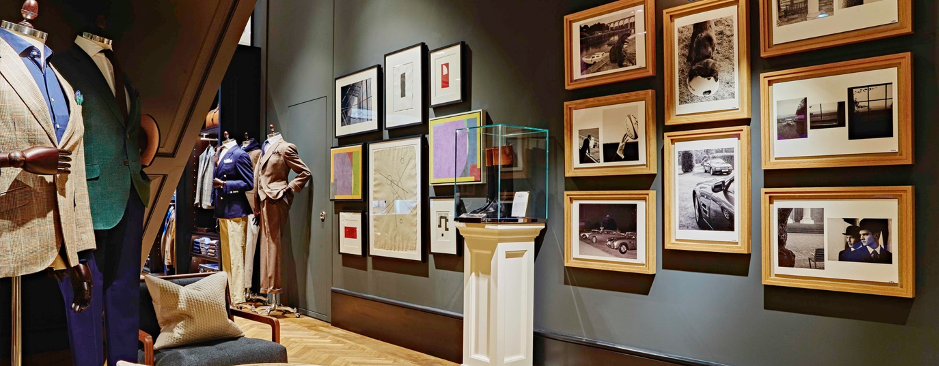
Are you in the retail industry?
Let’s see how NLP can help increase customer service and mutate revenue.
Below are some of the top applications that can be implied.
Personalised Bots
Organizations can reap massive rewards using NLP in designing personal assistants for their retail business as it gives a personalised experience.
These bots have the capability to keep the customer interested and bring them to a business site with what they require and love to shop.
It analyses recent searches, past purchase behaviour to bring out a seamless shopping experience and increase the customer’s satisfaction levels and the chance of a repeat customer.
An example of a retail business using this type of technology is Thread, who asks customers questions to machine learn what products the user likes and then recommend individual items and outfits to that customer.
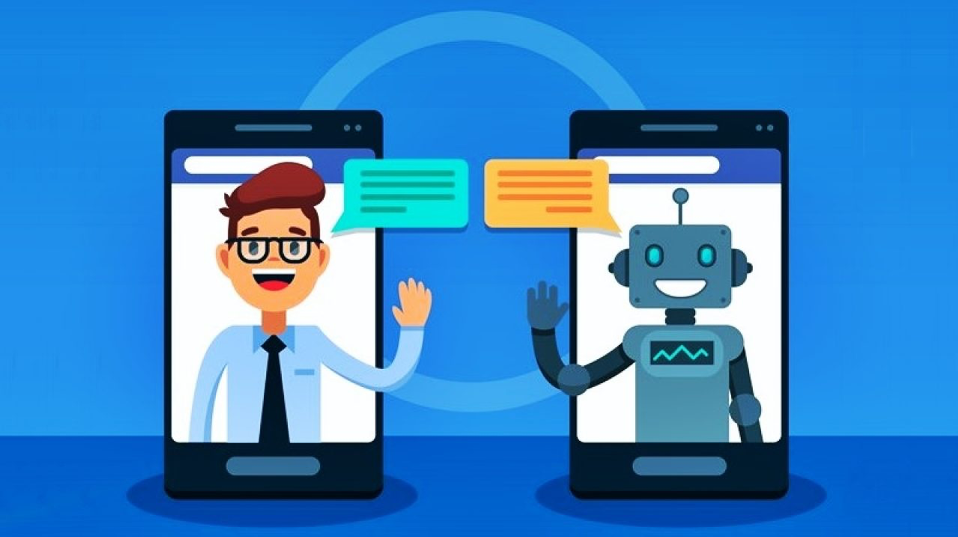
Chatbots can be used to extract information from past historical data like POS or planning that might help big business insights.
It also helps you forecast the revenues based on the statistical data in a flash.
Chat-based Product Recommendations
When integrated with predictive analytics, NLP-enabled conversational interfaces could also be used as recommendation system of products to customers based on their preferences.
For example, if asked, “which brands of milk are on sale?” the chatbot could recommend brands of milk that are both on sale and in-line with the customer’s preferences.
Below are some elaborated examples of this.
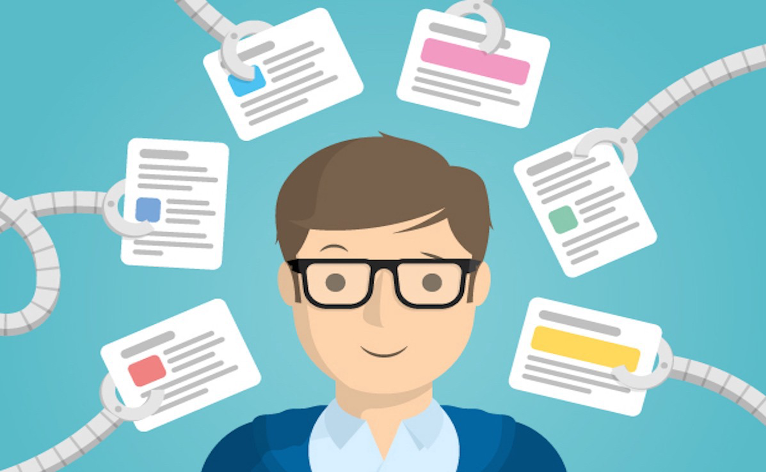
Product recommendations
Enables the conversational interface to upsell customers, guide them through gift shopping, and answer product information questions more accurately.
On-site way finding assistance
This allows the mobile app to track the customer’s location inside the retail store to help them select there best pair of jeans.
Replenishment and Package Tracking
Alert generation when the retailer has restocked an item that a customer was looking for on their previous visit.
Advancing on it, If the customer did decide to purchase an item from the retailer’s eCommerce site due to unavailability of it in a local store, the app can trigger an alert to help the customer track the package.
Improvised search
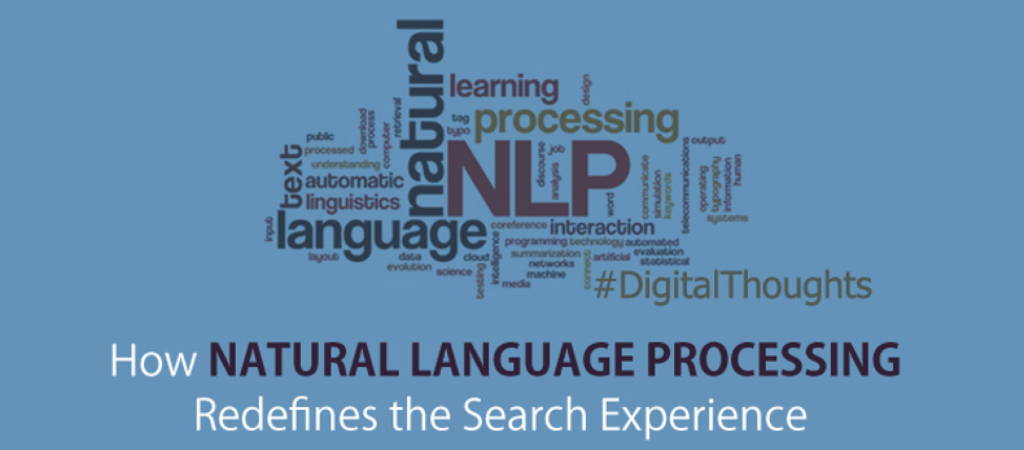
Smarter search option based on users previous search and sentiment is something which NLP has in offer as well.
It helps the customer to visualise the products that they might be interested in based on their age, locality, current trend, and their behaviour of shopping for that app.
This does increase the customer experience along with chances of increased sales for the business.
Customer review analysis
Manually going through written survey method is laborious and is expensive. With easy availability and cheaper gadgets retail can have automated survey system on store and on the web.
NLP can come into play to do a semantic understanding of the hundreds of reviews they receive for each product every day and try to suggest both the retailer and other customers for similar products and improvements.
NLP plays a very vital role in customer review analysis with the amount of sentiment analysis it does to understand deeply by going through unstructured customer text and categorises the product to recommend for other customers.
Does your business use NLP?
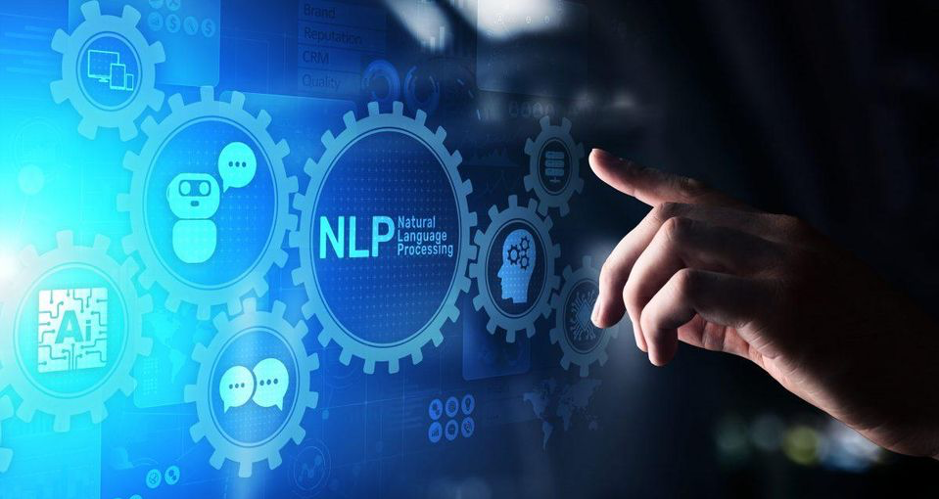
With the advancement in deep learning and thanks to computing capabilities, training models have been easy and more accurate than ever before helping different industries to tailor personalisation.
The retail industry is and will be greatly benefitted from these chatbots that are highly smart and with a deeper layer of neural network models, sentiment analysis has helped in in-depth insights and develop customer satisfaction ratio in the upward curve leading to the increase in revenue curve as well.
If you’re in the retail sector, do you think NLP would be beneficial to your business? Maybe you’re already using NLP in your business and are seeing the results from implementing the technology?
Let’s not forget that NLP is being used across multiple sectors and as AI technology gets adopted at a quicker rate it’s going to become integrated into more businesses customers buying journey, both for B2C and B2B business models.
Let me know in the comments if NLP is a technology being used in your business and if you’ve seen any positive impact from using it, whether in the retail industry or a completely different business industry.

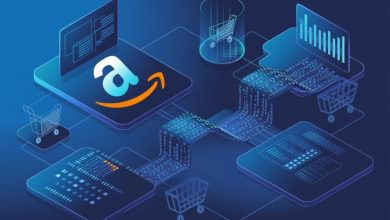
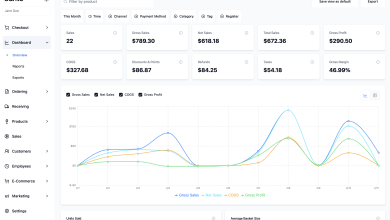

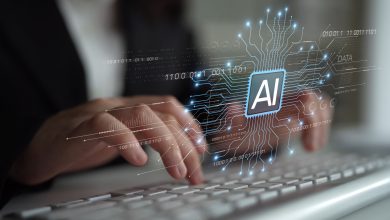
One Comment